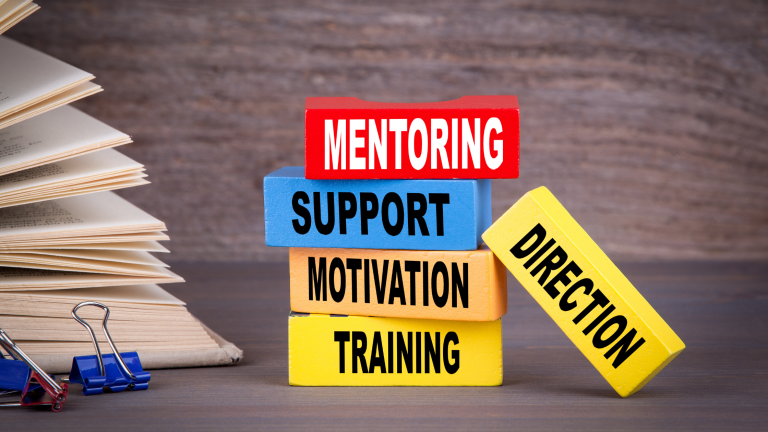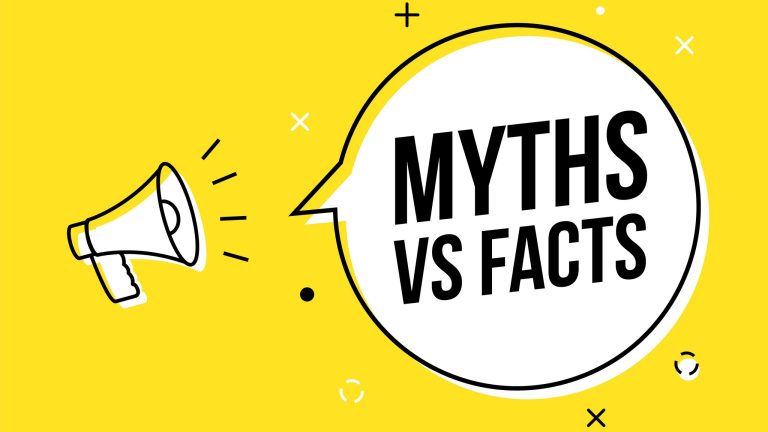In almost every job interview, you’ll likely get asked, “Can you tell me about your work history?” It’s important to not just list your jobs, but also explain any breaks or changes. Why? Because by ignoring these gaps, you miss the chance to shape how your job changes or time off are perceived. So, it’s vital to be able to talk about your resume in a way that highlights your skills and experiences, while also addressing any gaps in your employment history
If you’ve had a gap in your work history, don’t worry! Here are some common reasons why it happens and how you can handle it during interviews
Stay-at-home parenting
If you took time off to raise your children, talk about how you used that time to learn and grow. Maybe you volunteered at their school, organized events, or managed their sports activities. These experiences show your skills in organizing, fundraising, and teamwork. For example, if you’re applying for a job in fundraising, you can say, “I took a break to care for my kids, but I stayed active by volunteering for their sports league. I set fundraising goals and helped the team meet them, which shows my ability to reach targets and work in a team.”
Bereavement or caring for a sick family member
If you’ve taken a break to support a sick family member or care for a loved one, don’t downplay the importance of that decision. Instead, see it as a valuable experience that can benefit your career. Let’s say you’re aiming to get back into customer service. You can talk about your time as a liaison during your family member’s illness:
“I took a break to care for my dad. During that period, I honed my communication skills by coordinating with various healthcare providers. I also managed his appointments with financial planners and lawyers, which eased his worries. Now, I want to apply those problem-solving abilities and my calm demeanor in this role.”
If you’re eyeing a finance job, you can emphasize your role as an executor:
“I took time off to be with my mom before she passed away. As her executor, I showcased my responsibility, organization, and financial know-how. Handling her estate involved reconciling finances and communicating effectively with creditors, including utility companies and banks. I wrapped up the estate efficiently, and now I’m eager to tackle new challenges.”
In both cases, your family experience showcases your valuable skills and adaptability, making you an asset in any professional setting.
Travelling the World
Returning to a corporate job after taking a break to explore can be an opportunity to showcase new skills and perspectives. For instance, if you’re interviewing with a big company, you might talk about how living abroad helped you understand different cultures, which can be valuable in a diverse workplace. If you’re interested in an operational role, you could highlight your knack for efficient travel planning and budget management, and how you used problem-solving skills to decide where to go next. Learning additional languages can also set you apart, as it shows you can communicate effectively with a wider range of people.
Going Back to School
If you pursued further education, like an MBA or doctorate, discuss relevant projects and how they, along with your work experience, make you a unique candidate. For example, if you studied business operations, mention real-world projects you completed.
If you gained skills through courses or certifications instead of traditional degrees, explain their relevance to the job. Also, discuss any books you’ve read to enhance your expertise and how you’d apply those principles at work.
Terminated Employment
If you lost your job in a big layoff that wasn’t about your performance, tell the interviewer that your department got cut because the company changed its plans. You can say something positive too, like, “It’s actually been good for me because I was thinking about trying something new.”
If you got fired for not doing well at your job, it means your boss didn’t think you were doing a good job. But maybe you have a different view, or the job wasn’t what you expected. You can say, “I realized early on that the job wasn’t what I thought it would be. I tried my best, but my skills weren’t being used right. So we agreed it was best for me to leave. Now I’m looking for a job that fits me better.”
If you left a bad job or quit for another reason, don’t talk badly about it in interviews. Find a positive way to explain why you left, like saying you needed time to find a job that suits you better.
During the pandemic, employers understand if you have gaps in your resume. Just be ready to explain them clearly and confidently. It’s important to take control of your career story and explain any gaps in a way that makes sense to the recruiter and hiring manager. This helps them see it’s not a big deal.
This article has been referenced for HBR. To read the complete article click here
About High Potential Career Planning:
An initiative of ACH, High Potential Career Planning (HPCP) is established with a mission to mentor professionals in their search for career development and growth. We provide personalized mentorship programs, which can help individuals have a fulfilling career.






